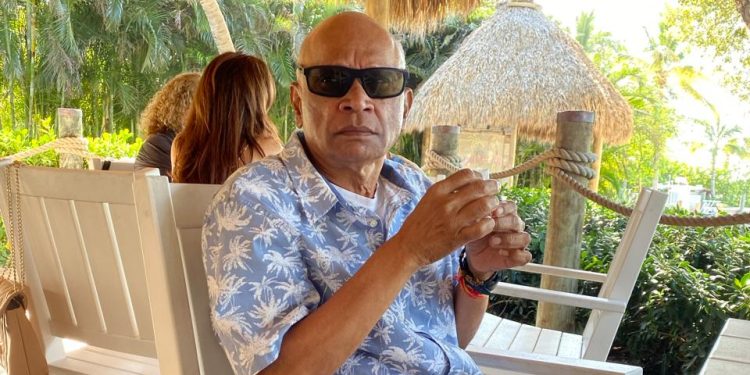Dear Editor,
For the last 186 years out of Bharat / India, Indians have contributed to the economic and cultural development that has given rise to economic and cultural civilisations in the various countries in which they were deployed as indentured laborers. They have done so as economic survivors in their respective countries such as those in Africa, the Pacific, the Americas and the Caribbean.
However, this is not simply a general economic development but there was a significant contribution, practically revolutionary on this scale of economy. To illustrate my point on the Indian Diaspora’s economic contribution, let’s start with the arguments laid forth by Dr. Thomas Sowell, a Black American Economic Scholar who did his ground breaking research on Uganda where Indians were brought to build railways by the British, These Indians decided to stay in Uganda and other parts of Africa for various reasons. The Indians thereby brought about modern economic and cultural civilisations by engaging in mega farming, sugar factories and building cotton factories.
Meanwhile, they were building economic empires for themselves, they engaged in mega economic building blocks and globalised trade for those nations on such a never-before-seen larger scale which allowed for the elimination of the more primal and medieval BARTER system which existed amongst tribes and villages in Africa till that time. This monetary system boosted trading by out competing with even the white traders.
This historic economic behaviour in boosting the economics of parts of Africa / Uganda contributed to the changing African economic behaviour economically and culturally in terms of business which has had similar effect and repercussions played out in the Pacific / Fiji, Mauritius and the Caribbean-Trinidad, Guyana and Suriname. In these last three Caribbean countries, the arrival of Indians [Coolies] saved these Fallen States by reinvigorating the agriculture sector. Indians started up businesses when their contracts expired. Indians found a way to survive the colonial white and Anglo-black elite landscape of the West Indies by their contributions in business as they were not given politically correct DEI jobs from the government. Many could not go to school if they had not converted far less get a government job dependent on a school certificate. They had to depend on their wits for survival. Armed with their Vedic Culture (because the greatest majority would have been Hindus with a lesser percentage of Muslims and Christianity not wiping out Hindus numbers with conversion unlike the toll it has taken today), the Indians were taught cultural work ethics and fruitful habits to toil and be thrifty and accumulate wealth which injected prosperity into Trinidad, Guyana and Suriname.
In 2024, as Indians celebrate Indian Arrival Day in the Caribbean, mainly in Trinidad, Guyana and Suriname one must be mindful about the Economic and Cultural Suffering that Indians endured for about 172 years and more. We Indians added Economic / Cultural traits that work is not a SIN and while our other countryman failed to credit the Indian Race for the Civility and the economic development in Guyana, Trinidad and Suriname, it is not the end of the road.
It is important that today in Trinidad, Guyana and Suriname, in spite of the many political hurdles to jump over, Indians must remain united [Khoon Ka Rishta] – or Blood Bond to be strong and to prevail. As we know the word, “Indian” in Arrival Day was not allowed by a Black government. But today Emancipation Day is now changed to African Emancipation Day. It’s time Indians own their narrative in Trinidad.
Regards,
Sita Ram
Vassan ramracha.

































































